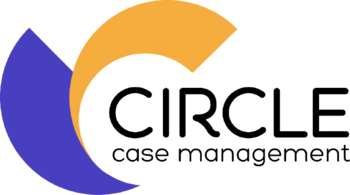What does part 35 Expert mean?
What does Part 35 Expert mean?
In court proceedings, an "expert" is a person who has been instructed to give or prepare expert evidence for the purpose of those proceedings. In practice, this is a person with either professional or technical knowledge and experience, whose opinion will be of value to the court on matters which are or may be outside of the court’s expertise.
The term part 35 refers to the section of the guidance on experts issued by the Ministry of Justice. This section covers all the duties and requirements of the expert.
Purpose of Part 35:
The purpose of Part 35 is to ensure that expert evidence is presented in a way that is reliable, relevant, and helps the court to reach a fair decision.
Key Points from Part 35:
- Expert's Duty to the Court: Expert witnesses owe their primary duty to the court, and this duty overrides any obligation to the party who instructs or pays them.
- Expert's Report: An expert witness must provide a written report to the party who has instructed them, and this report must comply with certain standards set out in Part 35.
- Single Joint Expert: There is provision for a Single Joint Expert (SJE), where both parties agree on a single expert to provide evidence on a particular issue. This aims to save time and costs.
- Expert's Evidence at Trial: If an expert is instructed by a party, their evidence at trial is presented in the form of a witness statement.
- Permission to Instruct an Expert: Permission from the court is required to instruct an expert, except where it is for the purpose of valuing an asset in family proceedings.
- Expert's Duties in Relation to Discussions and Conferences: Experts may be required to attend discussions and conferences, and their duties regarding these are outlined in Part 35.
- Expert's Meetings: If experts disagree, they may be required to meet to discuss the issues and prepare a statement for the court.
- Consequences of Expert's Failure to Comply: If an expert fails to comply with their duties, this can have consequences, including their evidence being excluded.
Some Specifics:
- Expert's Report Contents: The expert's report must include their opinions on the issues in the case and the facts and materials considered in forming those opinions.
- Expert's Qualifications: The report must also include the expert's qualifications, relevant experience, and a statement about any issues that may affect their independence.
- Expert's Discussions with Lawyers: The rules also address how and when an expert can discuss the case with the lawyers representing the parties.
Key Principles:
- Independence and Impartiality: Experts must act independently and impartially. They are not advocates for the party that instructs them.
- Transparency: The process of obtaining expert evidence should be transparent, with all relevant information provided to the expert.
Part 35 of the Civil Procedure Rules is crucial in ensuring that expert evidence in civil cases meets the necessary standards of reliability and relevance. It aims to promote fairness and efficiency in the legal process.
To find out more about our Expert Witness services please click here.
Posted on April 17th 2024

